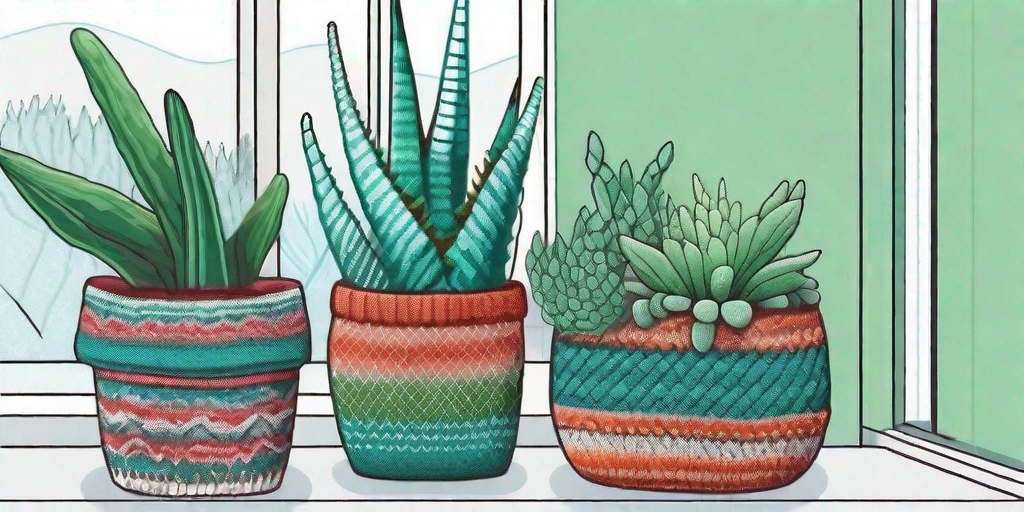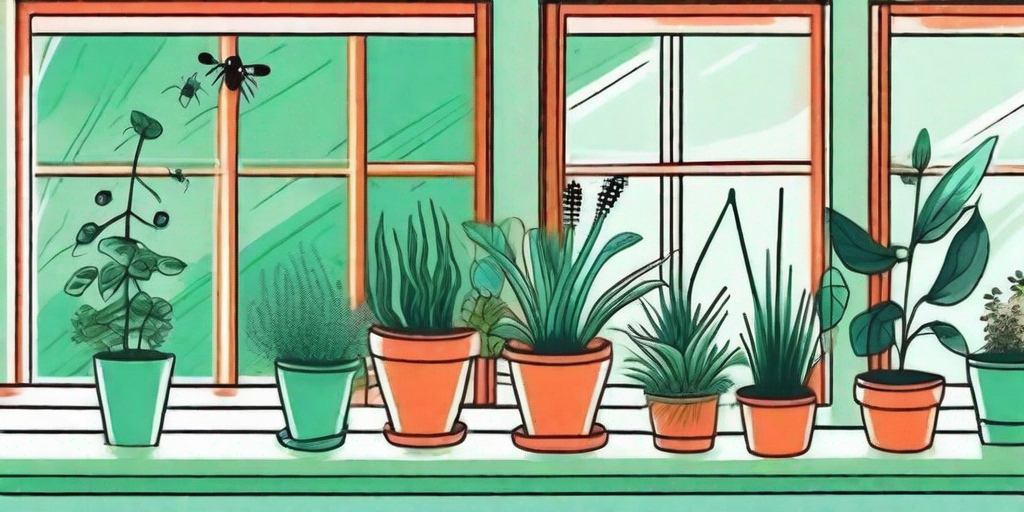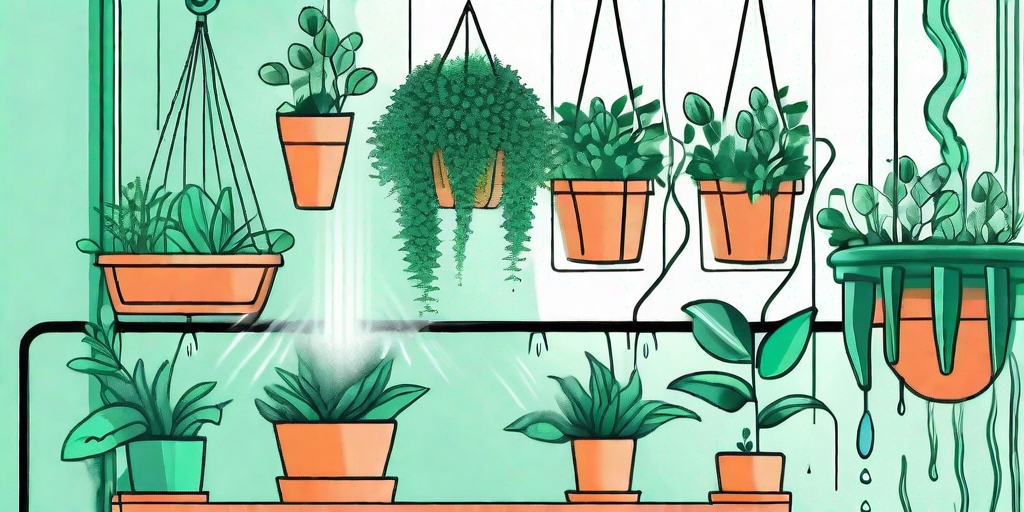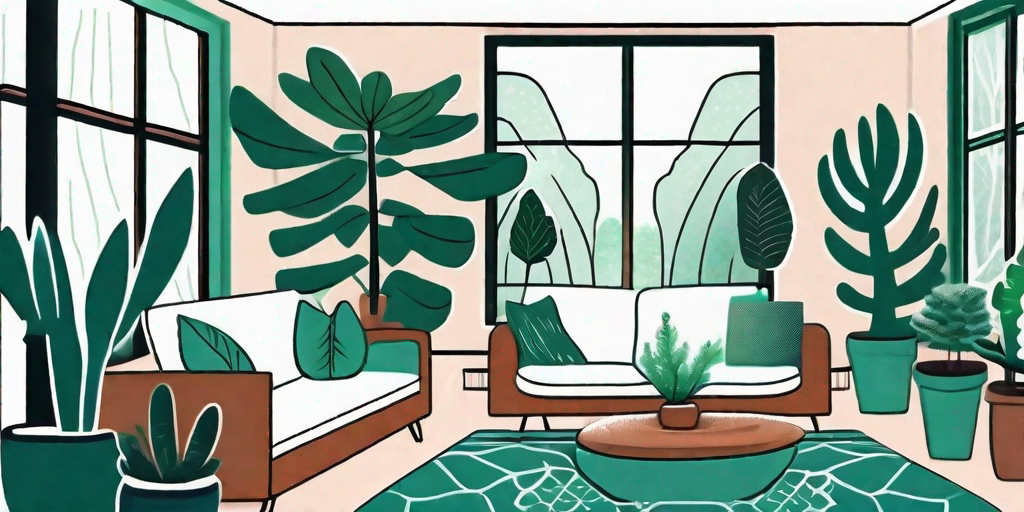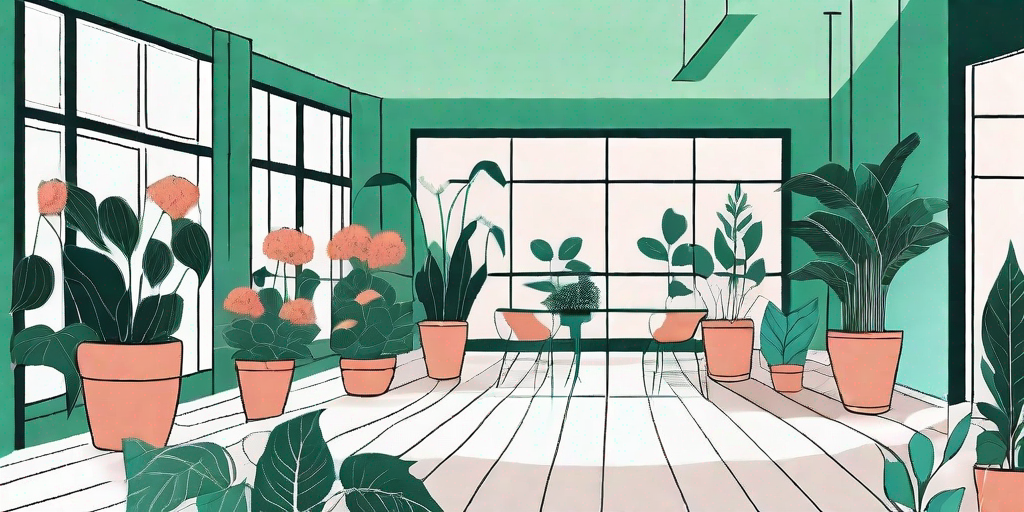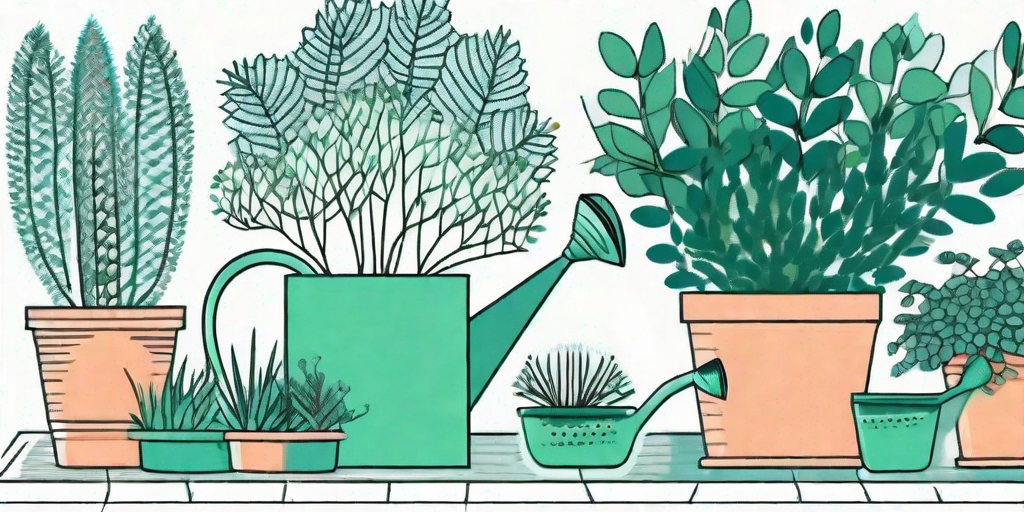
Winter is coming! No, we're not talking about the popular TV show, but the real-life season that can make your indoor plants shiver, if they could. As the temperature drops, it's time to think about how to keep your leafy friends warm and cozy. But fear not, plant parents! This guide will provide you with all the necessary tips and tricks to ensure your indoor plants survive the winter months in style.
Understanding Your Indoor Plants' Winter Needs
Temperature Tolerance
First things first, it's important to understand that not all plants are created equal when it comes to temperature tolerance. Some plants, like the sturdy snake plant, can handle cooler temperatures, while others, like the delicate orchid, prefer a more tropical climate. Knowing your plant's specific needs will help you provide the best care during the colder months.
Generally, most indoor plants prefer temperatures between 65 and 75 degrees Fahrenheit during the day and between 55 and 60 degrees at night. However, these are just guidelines, and individual plant preferences may vary.
Light Requirements
Winter means shorter days and less sunlight, which can be a challenge for your sun-loving plants. It's crucial to ensure your plants still receive enough light during these darker months. Consider moving your plants closer to windows or supplementing with artificial light if necessary.
Remember, too much direct sunlight can be harmful, especially for plants with delicate leaves. So, it's all about finding that perfect balance of light exposure.
Keeping Your Indoor Plants Warm: The How-To Guide
Strategic Placement
Location, location, location! The placement of your indoor plants can significantly impact their temperature. Avoid placing plants near drafty windows or doors, or next to heating vents. These extreme temperature fluctuations can cause stress to your plants.
Instead, find a spot in your home where the temperature remains relatively stable. This might be a central location away from exterior walls or windows. Remember, heat rises, so higher locations in your home may be warmer.
Humidity Control
Winter air can be dry, which is bad news for tropical plants that love humidity. To increase humidity levels, consider using a humidifier, or place a tray of water near your plants. The water will evaporate and increase the moisture in the air.
Another option is to group your plants together. Plants naturally release moisture into the air, so having them close together can create a mini humid environment. Just make sure they're not too close, as this can lead to the spread of pests or disease.
Proper Watering
Believe it or not, your plants need less water in the winter. This is because the lower light levels reduce the rate of photosynthesis, meaning your plants don't need as much water to grow. Overwatering can lead to root rot, a common plant killer.
Wait until the top inch of soil is dry before watering again. And remember, it's better to underwater than overwater. Your plants can always recover from a little thirst, but they can't come back from root rot.
Additional Winter Care Tips
Pruning and Fertilizing
Winter is not the time for heavy pruning or fertilizing. Your plants are in a dormant state during this time, so they're not actively growing. Pruning can cause stress, and fertilizing can lead to nutrient burn.
Instead, focus on maintaining the health of your plants. Remove any dead or yellowing leaves to prevent the spread of disease. And hold off on the fertilizer until spring, when your plants are ready to grow again.
Check for Pests
Indoor plants can still be susceptible to pests, even in the winter. Regularly check your plants for signs of pests, such as discolored leaves or a sticky residue on the plant or nearby surfaces. Early detection is key to preventing a full-blown infestation.
If you do find pests, don't panic! There are many non-toxic treatments available, such as insecticidal soap or neem oil. Remember, it's important to treat the infestation as soon as possible to prevent it from spreading to your other plants.
FAQs
Why are my indoor plants dying in winter?
There could be several reasons why your indoor plants are struggling in winter. They could be receiving too little light, too much or too little water, or they could be in a location with drastic temperature fluctuations. It's also possible they've been infested by pests. Evaluate your plant care routine to identify any potential issues.
Do indoor plants need sunlight in winter?
Yes, indoor plants still need sunlight in winter. However, they may require less than in the warmer months due to reduced rates of photosynthesis. Consider moving your plants closer to windows or supplementing with artificial light to ensure they receive enough light.
How often should I water my indoor plants in winter?
Most indoor plants require less water in winter. A good rule of thumb is to wait until the top inch of soil is dry before watering again. Remember, it's better to underwater than overwater, as overwatering can lead to root rot.
Conclusion
Winter doesn't have to be a death sentence for your indoor plants. With a little extra care and attention, you can ensure your leafy friends stay warm and cozy all winter long. So, grab your watering can and your favorite cozy sweater, and get ready to show winter who's boss!
Remember, every plant is unique and may require different care. Always research the specific needs of your plants to provide the best care possible. Happy winter gardening!



